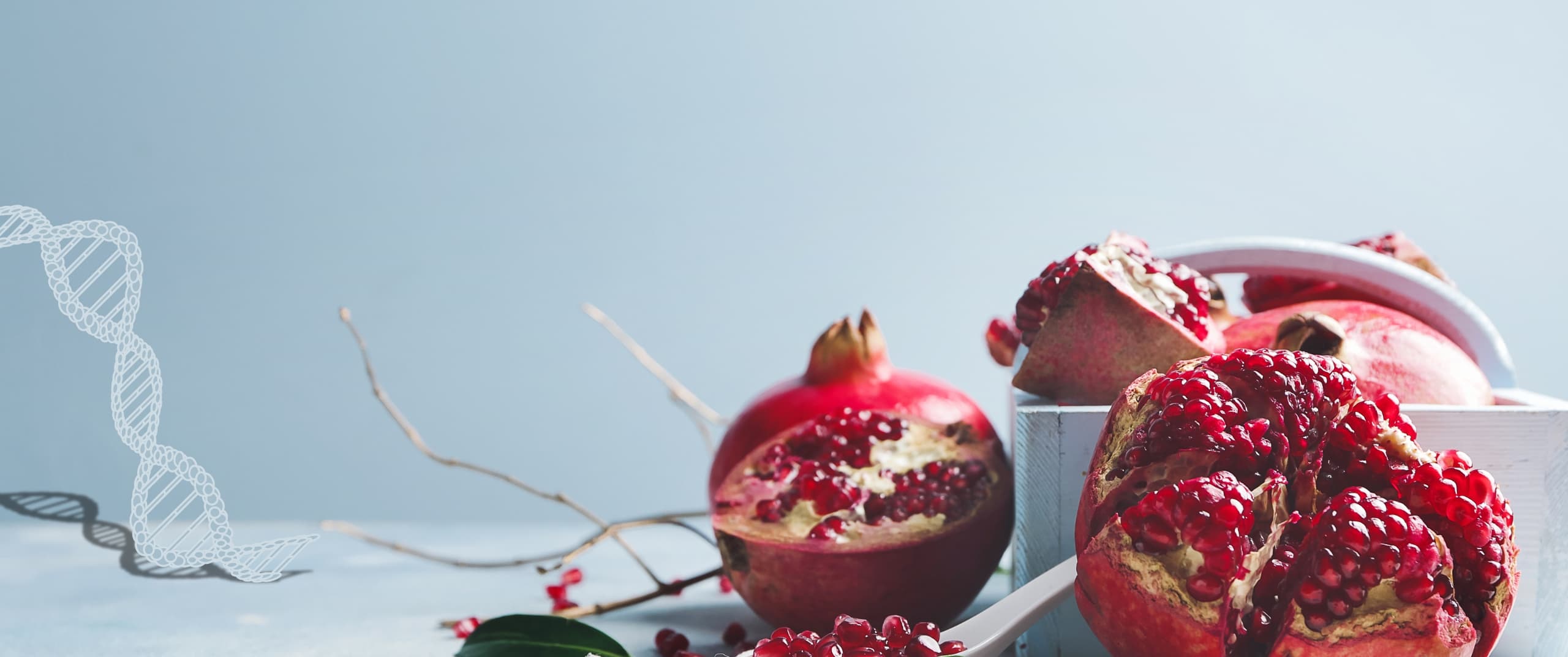
What Is The Difference Between A Pomegranate, Pomegranate Juice, And A Concentrated Form?
The difference lies in potency and purpose. Pomegranate fruit is a whole food, juice is diluted and often pasteurized, while concentrate offers a more bioactive, nutrient-dense form crafted to deliver high levels of polyphenols and antioxidants in small servings.
Health Benefits Of Each Form
Each format offers unique value, but they vary significantly in strength and efficacy:
- Fresh pomegranate: Provides fiber, vitamins, and hydration from the arils (seeds)
- Pomegranate juice: Convenient and refreshing, but often low in polyphenols due to pasteurization and dilution
- Pomegranate concentrate: Delivers significantly higher levels of punicalagins and ellagitannins with only a small amount
👉 Discover the power of fermented pomegranate concentrate — developed to enhance bioavailability and gut-supportive activity.
What Research Tells Us
Scientific findings demonstrate clear advantages of concentrated pomegranate products:
- Punicalagin content in concentrated forms is dramatically higher than in juice or fruit alone 1.
- Fermented pomegranate concentrates may enhance gut microbiota activity and increase urolithin production, beneficial for cellular energy and longevity 2.
These concentrated forms are developed for clinical relevance, not just taste or refreshment.
Summary: Choose The Format That Delivers Results
For maximum bioactivity and clinical potential, fermented pomegranate concentrate offers the most effective form of pomegranate nutrition.
⚠️ Always look for cold-processed, additive-free concentrates with proven polyphenol levels and fermentation where possible for best absorption.
- Seeram, N.P., et al. Journal of Agricultural and Food Chemistry, 2008[↩]
- Bialonska, D., et al. Journal of Functional Foods, 2010[↩]














